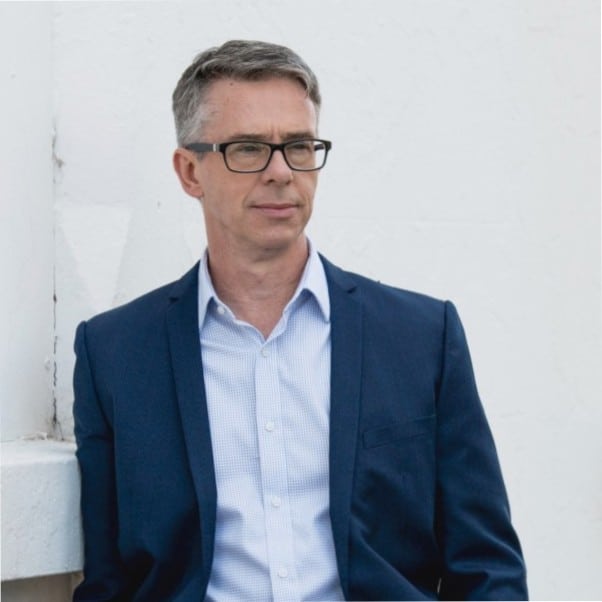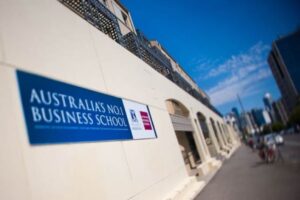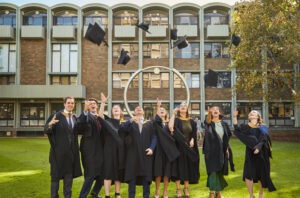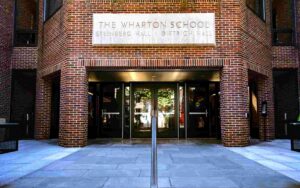Australia’s universities are always on the hunt for a competitive edge to help set their graduates apart from others, none more so than business schools and their Master of Business Administration (MBA) offerings.
So, when Deakin Business School was looking to evolve its flagship MBA program, it turned to marketing and consumer behaviour expert – and former opera singer – Dr Paul Harrison.
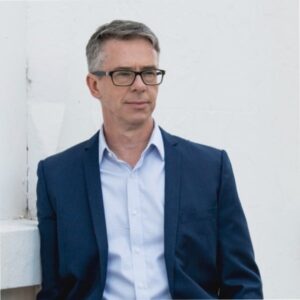
Dr Harrison took over the reins of the Deakin MBA in January 2022 and has set about creating a unique program by embracing business complexity and the diversity of the individual lived experiences of staff and students.
Industry Has New Expectations Of Leaders Post COVID-19
Dr Harrison told MBA News that the days of companies looking for MBA graduates to simply come in and ‘manage’ according to a strict formula or apply business processes for efficiency’s sake were long gone.
“Businesses are telling us that what is missing is a graduate’s ability to sit above an organisation and embrace the complexity of that business. They want to hire leaders with human skills,” said Dr Harrison.
“Business itself relies predominantly on people, so the key is knowing how to use that resource without exploiting it. A human-centred approach to the MBA is needed to match industry values including the fact that we can’t exhaust our people.”
When pressed on whether the demand for a new way of doing business comes from industry, students, consumers or the education institutes themselves, Dr Harrison didn’t hesitate to answer.
“It’s evolutional,” he said. “It’s an idea whose time has come.”
“People, industry and the community, in general, are saying that it’s time to think and act differently – to do better. It’s acknowledging that the world is complex, embracing the provisional nature of what we know, and accepting that there are different types of knowledge out there.”
Deakin MBA Graduate Exemplifies Embracing Complexity During COVID
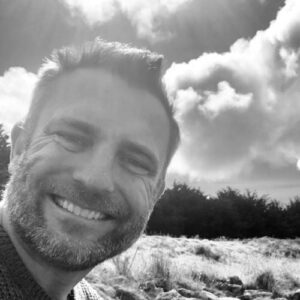
The perfect example of the Deakin MBA philosophy coming to life in the real world is the achievements of MBA graduate and Co-founder of The Gospel Distillers, Andrew Fitzgerald.
Initially, Andrew applied his MBA knowledge to starting an Australian-based distillery, but as COVID-19 reared its ugly head he realised he had to embrace the complexity of a challenging business sector to pivot for survival.
“One of the things I learned from the Deakin University MBA program is the concept of steering the business. Every business should have short, mid, and long-term goals. What I’ve learned is that changing your long-term goals, as we had to do as a result of the pandemic, also changes your short and mid-term objectives,” Andrew said.
This meant that despite a long-term goal to take their whiskey to an international market, they could also see the potential in the Australian market in a new light, and this extended to how they saw their own resources and assets.
“While ‘sanitiser gate’ is not something I ever want to experience again, it has made me look at business assets differently. By keeping an open mind to change and doing the strategic work early, we’ve come out the other side with a renewed energy and a completely new focus to drive us forward,” he said.
The Value Of Lived Experiences
“Success is defined in all sorts of ways, and everyone has value in a business,” said Dr Harrison.
“You bring a particular set of skills with you into the Deakin MBA. As academic staff, we provide the tools, we’re the guides, and we want to help you how to bring your story and lived experience into the picture and apply it to your business context.”
Dr Harrison believes the value of MBA graduates is that they are the perfect addition to their teams because, “as someone in their mid-30s to mid-40s, they bring wisdom to the organisation and have often already taken the time to reflect on what’s really important.”
Leveraging Lived Experience To Evolve 2022 MBA Program
Speaking about the eight core units of the Deakin MBA, Dr Harrison said that the leadership team revised the way they were structured, ensuring they consisted of three components – In Essence, In Focus and In Context, influenced by the way in which music is taught – a nod to Dr Harrison’s own lived experience as a former opera singer and leader within the performing arts sector.
“In a way, it mirrors how you might learn an instrument or anything that requires a deal of craftsmanship,” he said.
Finding A New Beat For Deakin’s MBA
“The ‘In Essence’ component of each of the core units covers the foundation of knowledge in that discipline – a bit like making sure you understand the basics of the craft before you start to apply it,” Dr Harrison said.
The final two components allow for contemporary thought to be introduced by guest speakers or simulations, and finally, students put their knowledge into practice by applying their learning to their own lives or workplaces.
“It could be a critical case study of a program, it could be the development of a new product, it could be developing a strategy. It’s mostly student-led. They decide what they want to do to apply their learning ‘In Context’,” Dr Harrison said.
“I strongly believe that learning is collaborative – we work in partnership with the students to apply the significant amount of knowledge that exists in the different disciplines to their particular context,” said Dr Harrison.
“We have MBA candidates who come from so many diverse backgrounds and the value that they bring, with their lived experience and their training, is so incredibly valuable to both their peers and to us,” he said.
Available on campus, online, in intensive or residential modes, or able to be completed by participating in Australian and international study programs, find out more about the #1 online MBA in the world for class experience https://www.deakin.edu.au/study/find-a-course/business/master-of-business-administration

